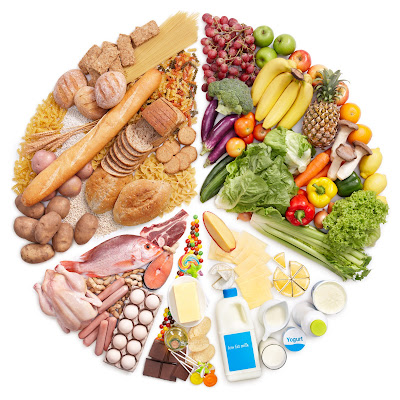Unveiling the Fountain of Health: Exploring Dietary Patterns for Weight Loss and Longevity
Introduction:
In a world constantly in pursuit of the elixir of life, the connection between diet and longevity has become a focal point of research and discussion. Among the various dietary patterns, the Mediterranean diet and plant-based diets have garnered significant attention for their potential to not only aid in weight loss but also promote longevity. In this blog post, we will delve into the scientific evidence supporting these dietary patterns and their impact on both shedding unwanted pounds and enhancing lifespan.
Understanding the Mediterranean Diet:
Weight Loss Benefits:
Numerous studies have associated the Mediterranean diet with effective weight management. The abundance of fiber-rich foods promotes satiety, reducing overall calorie intake. Olive oil, a staple in this diet, contains monounsaturated fats that have been linked to improved metabolism and fat oxidation. Additionally, the Mediterranean diet's focus on lean proteins helps maintain muscle mass during weight loss.
Longevity Connection:
The Mediterranean diet is not just a tool for weight control but has also been associated with increased longevity. Rich in antioxidants and anti-inflammatory compounds, the diet may contribute to reduced chronic diseases and inflammation, key factors influencing the aging process. Moreover, the consumption of omega-3 fatty acids from fish has been linked to improved cardiovascular health, a crucial factor in overall longevity.
Unpacking Plant-Based Diets:
Weight Loss Benefits:
Research consistently suggests that plant-based diets contribute to weight loss. The high fiber content in plant-based foods promotes feelings of fullness, reducing the likelihood of overeating. Furthermore, plant-based diets tend to be lower in calorie density, making it easier to maintain a caloric deficit, a fundamental aspect of weight loss.
Longevity Connection:
Plant-based diets have been linked to increased longevity, primarily due to their potential to reduce the risk of chronic diseases. A diet rich in plant-based foods has shown to lower the incidence of heart disease, diabetes, and certain cancers. Antioxidants and phytochemicals found in fruits and vegetables contribute to cellular health and may slow down the aging process.
In the quest for a healthier, longer life, dietary patterns play a pivotal role. Both the Mediterranean diet and plant-based diets have demonstrated not only effectiveness in weight management but also potential contributions to increased longevity. Incorporating elements of these dietary patterns into one's lifestyle, such as consuming more fruits, vegetables, and whole grains while minimizing processed foods, could pave the way for a healthier and longer life. It is essential to approach dietary changes with a holistic perspective, considering individual needs, preferences, and overall well-being. As science continues to unravel the intricate relationship between diet and longevity, embracing these wholesome dietary patterns may just be the key to unlocking the fountain of health.


.png)
.png)


Comments
Post a Comment